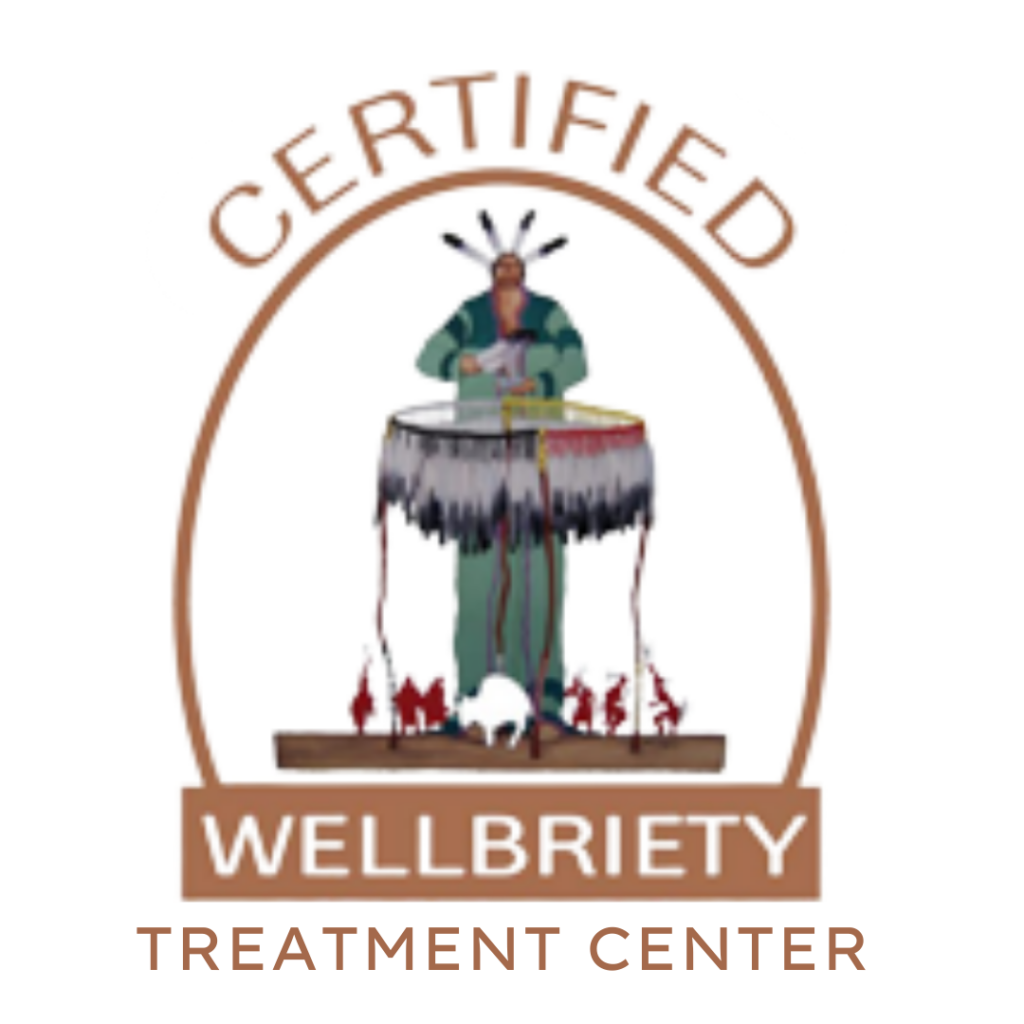Dreams about using or relapsing can be incredibly unsettling for those overcoming addiction, especially when you’ve been sober for a time. It is important to not ignore these dreams, though it may be tempting to disregard dreams simply because they are dreams and “are not real.” Drug dreams are not uncommon for those in recovery, though, just as cravings in early recovery are not uncommon.
Why am I dreaming about using/relapsing?
You need to realize and to remind yourself that dreaming about drug use or relapse does not mean that you are going to use or relapse, but it’s important to be aware of these dreams because they may trigger cravings. The subconscious mind files away bits and pieces of real life and creates a collection of memories and situations separate from waking moments.
If you are having drug dreams, you may:
Be preparing for change. Your subconscious might be bringing repressed experiences/desires out to deal with them.
Be experiencing a brain “reset.” REM sleep, the deep, dreaming sleep essential to a healthy brain, is often suppressed in active addiction, so more sleep may lead to over-stimulation of the brain’s pleasure center— the same area affected by substance use— and resulting “drug dreams.”
Be more likely to relapse. But this does not have to be cause for panic. Cravings don’t mean that you are going to relapse. They are part of recovery, and like everything else in recovery, can be managed.
Just as it’s essential to stay alert and aware on a daily basis to avoid relapse, it’s important to manage what you’re dreaming about. You, of course, can’t control your dreams, but there are healthy ways to deal with things out of your control.
How should I deal with my dreams?
Identify your feelings. Pay attention to how a dream makes you feel. If the setting and substance use of the dream is disappointing or frustrating to you, it’s less likely that you are at risk for relapse than if the fact that the dream wasn’t real disappointed or frustrated you.
If you wake up feeling relieved that the dream wasn’t real and that you haven’t relapsed, it’s a good sign that you are strong in your recovery.
Tell someone. Don’t keep your dreams to yourself. If they’re bothering you, or if they’re recurring or frequent, let your therapist or counselor know. Often, dreams are rooted in underlying, untreated co-occurring mental health disorders, and a therapist/counselor is trained to discover and address them. Seventy-one to 96-percent of people with PTSD, for example, may have nightmares (National Center for PTSD). Make sure to write your dream down in a journal, so that you can remember all of the details. Writing your dreams down will also allow you to take a look at the larger picture, identify any patterns or commonalities in your dreams.
Proper treatment could help you work through your co-occurring issues in healthy ways. You can also tell a friend or family member who is part of your support network as a healthy way of coping.
Be cognizant of triggers. Try to avoid contact with people you used to use with, as well as places you used to frequent in active addiction, as best you can. Staying away from triggers may help to keep them at bay in your dreams.
Manage your cravings. This, of course, is easier said than done, but managing your cravings is doable. Exercise, spending time with a sober support, talking with your sponsor, and engaging in any kind of healthy, positive activity are good ways to curb cravings when they come on.
At Royal Life Centers at the Haven, we treat dependence on drugs and alcohol through medical detox. Please reach out to us today with any questions you may have about our treatment program. Our admissions team is available 24/7 at (877)-RECOVERY to answer your questions.
























